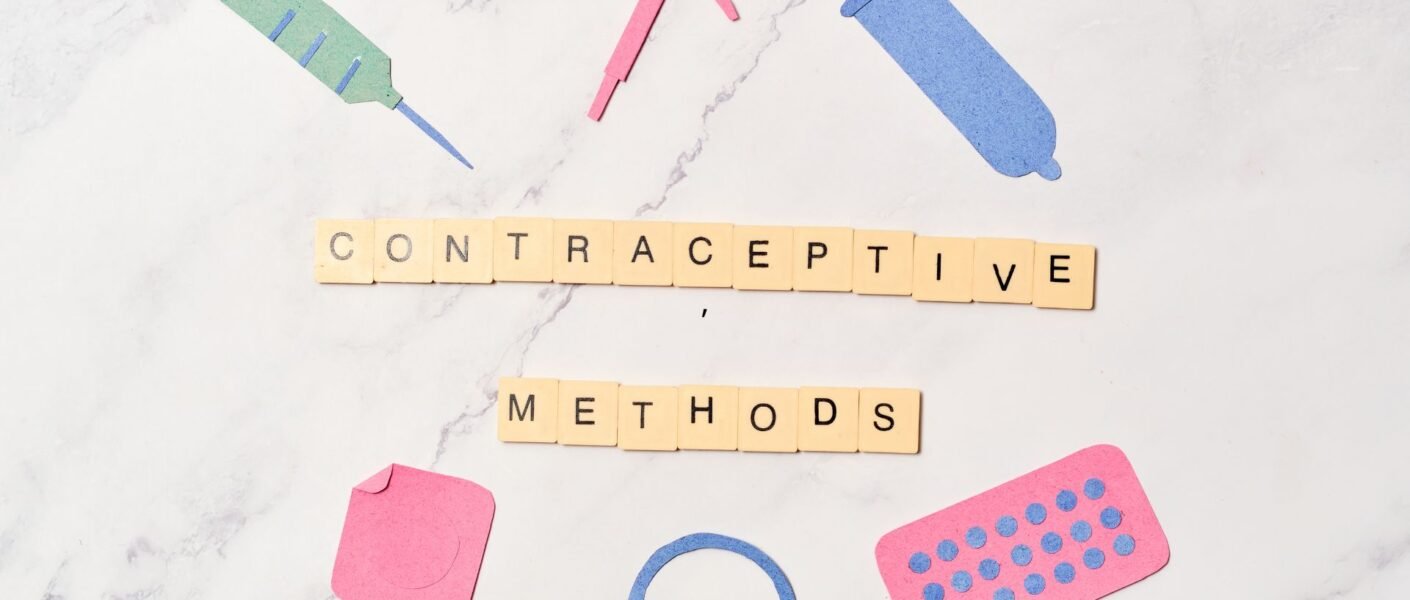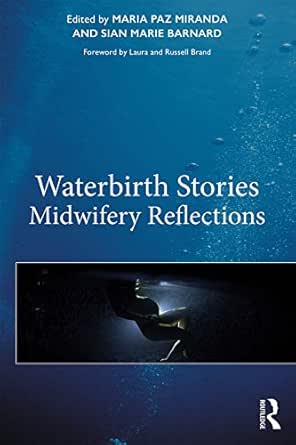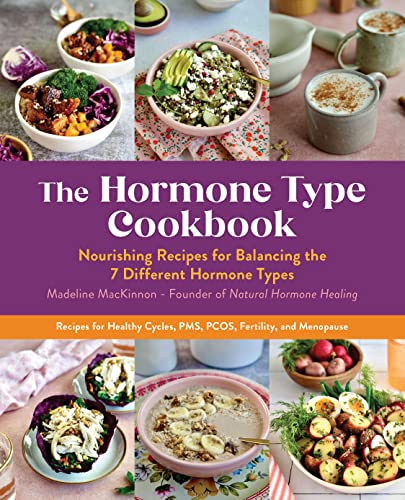What Are the Most Effective Birth Control Methods Postpartum? Long-acting reversible contraceptives (LARCs) are among the most effective postpartum birth control methods. These include intrauterine devices (IUDs) and contraceptive implants, boasting over 99% effectiveness.
Intrauterine Devices (IUDs)
IUDs are small devices inserted into the uterus to prevent pregnancy. There are two main types: hormonal and copper.Planned Parenthood | Official Site+11Wikipedia+11Time+11Wikipedia+1Wikipedia+1
- Hormonal IUDs: These release progestin, thickening cervical mucus and thinning the uterine lining. They can last between 3 to 7 years, depending on the brand. Hormonal IUDs are safe for breastfeeding mothers and can be inserted immediately postpartum or after 4 weeks. Wikipedia+1Verywell Family+1Wikipedia+1Wikipedia+1
- Copper IUDs: These are hormone-free and can last up to 10 years. They work by creating an environment that’s toxic to sperm. Copper IUDs can also serve as emergency contraception if inserted within five days of unprotected sex. Better Health Channel
Contraceptive Implants
Implants are small rods placed under the skin of the upper arm, releasing progestin to prevent ovulation. They are effective for up to 3 years and are safe for breastfeeding mothers. Implants can be inserted immediately after childbirth. Planned Parenthood | Official Site
Can I Use Hormonal Birth Control While Breastfeeding?
Yes, certain hormonal birth control methods are safe during breastfeeding. Progestin-only options, such as the mini-pill, contraceptive injections, and implants, do not affect milk supply. However, combined hormonal contraceptives (containing estrogen) are generally recommended to be avoided during the first 4 to 6 weeks postpartum, as they may reduce milk production. Planned Parenthood | Official Site

What Are Non-Hormonal Birth Control Options After Giving Birth?
If you prefer to avoid hormones, several effective non-hormonal methods are available:
- Copper IUD: As mentioned, it’s hormone-free and long-lasting.
- Barrier Methods: These include male and female condoms, diaphragms, and cervical caps. They are less effective than LARCs but have no hormonal side effects.Verywell Family+1MyHealth Alberta+1Glamour+4UT Southwestern+4Time+4
- Lactational Amenorrhea Method (LAM): This method relies on exclusive breastfeeding to suppress ovulation. It’s about 98% effective in the first six months postpartum if specific criteria are met. UC Davis Health
When Should I Start Using Birth Control After Delivery?
Fertility can return as early as 6 weeks postpartum, even if menstruation hasn’t resumed. It’s advisable to discuss birth control options with your healthcare provider during pregnancy or soon after delivery. Some methods, like implants and IUDs, can be inserted immediately after childbirth, while others may require waiting until the postpartum check-up. Wikipedia+3Verywell Family+3Wikipedia+3SELF
How Do I Choose the Right Birth Control Method Postpartum?
Selecting the appropriate birth control method involves considering several factors:
- Breastfeeding: Some hormonal methods may affect milk supply.Wikipedia+1Verywell Health+1
- Health Conditions: Certain health issues may influence the suitability of specific contraceptives.
- Future Pregnancy Plans: If you plan to have more children, reversible methods are preferable.MC Evidence
- Convenience and Comfort: Consider how each method fits into your lifestyle and comfort level.
Consulting with your healthcare provider can help tailor the choice to your individual needs and circumstances.
FAQs
Yes, many birth control methods are safe to use immediately postpartum. However, the timing may depend on the specific method and individual health factors.Healthline
Yes, ovulation can occur before the first postpartum period, making it possible to become pregnant even without menstruation.
Not necessarily. Some methods can be initiated immediately after delivery. Discuss options with your healthcare provider to determine the best timing.Wikipedia+1Wikipedia+1
Hormonal methods like the mini-pill or hormonal IUDs can help regulate menstrual cycles and reduce symptoms like heavy bleeding.Verywell Health+1Wikipedia+1
Permanent options like tubal ligation are available but should be considered carefully, as they are not easily reversible. Discuss thoroughly with your healthcare provider.
References
- American College of Obstetricians and Gynecologists. (n.d.). Postpartum Birth Control. Retrieved from https://www.acog.org/womens-health/faqs/postpartum-birth-controlACOG
- Planned Parenthood. (n.d.). What are the Best Birth Control Options While Breastfeeding? Retrieved from https://www.plannedparenthood.org/learn/birth-control/breastfeeding/whats-best-birth-control-option-while-breastfeedingPlanned Parenthood | Official Site
- NHS. (n.d.). Sex and contraception after birth. Retrieved from https://www.nhs.uk/conditions/baby/support-and-services/sex-and-contraception-after-birth/nhs.uk
- Healthline. (n.d.). What to Know About Starting Birth Control After Pregnancy. Retrieved from https://www.healthline.com/health/birth-control/starting-birth-control-after-pregnancyHealthline
- Verywell Family. (n.d.). What Are the Best Postpartum Birth Control Options? Retrieved from https://www.verywellfamily.com/postpartum-birth-control-options-4689972
I’m Cris Coelho, and motherhood has transformed my life!
As a speech therapist and early childhood educator, I’ve always been passionate about child development. But it was becoming a mother that truly opened my eyes to the real challenges and joys of this journey.
Here at Materníssima, I share everything I’ve learned — blending professional knowledge, real-life experience, and a heartfelt touch.
You’re very welcome here! 💕






